small house: zoning, jobs, schools
runcyclexcski
16 years ago
Related Stories
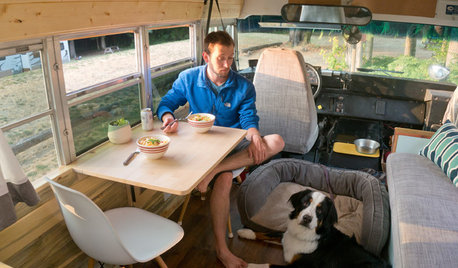
TINY HOUSESAdventure Seekers Hit the Road in a Cozy School Bus Home
Wood floors, butcher block countertops, custom furnishings and LED lights make life on the road feel like just another stylish day at home
Full Story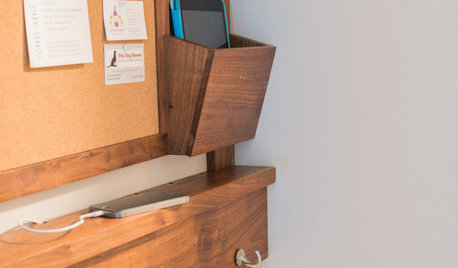
THE HARDWORKING HOMEA New Drop Zone Keeps the Clutter at Bay
The Hardworking Home: A clever wall-mounted station for keys, phones and more helps a family stay organized
Full Story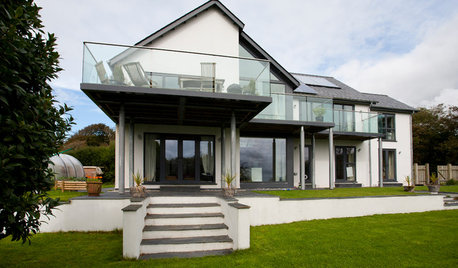
CONTEMPORARY HOMESHouzz Tour: Old-School Charm With a Contemporary Twist
Bright and open interiors with a serene vibe belie the challenges of building this Cornwall home
Full Story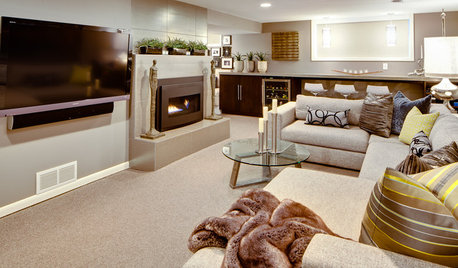
BASEMENTSBasement of the Week: From Dumping Ground to Family Zone in Minnesota
Erasing every trace of this basement's former life took creative thinking and smart design touches
Full Story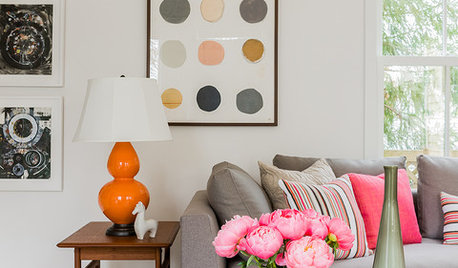
DECORATING GUIDES10 Ways to Tiptoe Out of Your Decorating Comfort Zone
Ease into waking up your space with small doses of decorating daring that express who you are right now
Full Story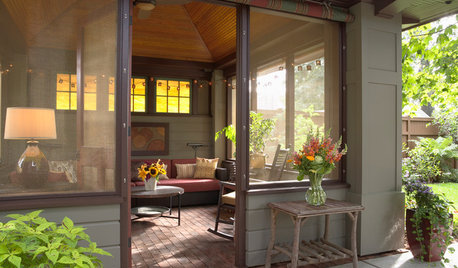
PORCH OF THE WEEKA Summer House With Prairie School Style
A free-standing screened-in pavilion provides a summer getaway in this couple’s Minnesota backyard
Full Story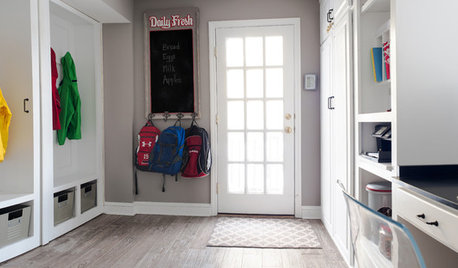
LIFEYour Back-to-School Game Plan
Set up a few systems now for an easy and organized routine when school starts
Full Story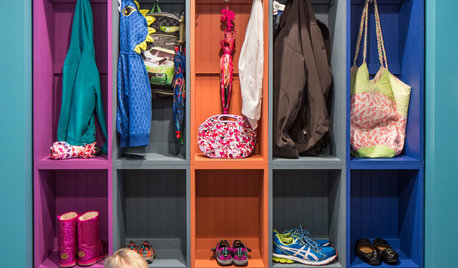
ENTRYWAYSTransition Zone: How to Create a Mudroom
Save your sanity by planning a well-organized area that draws the line between inside and out
Full Story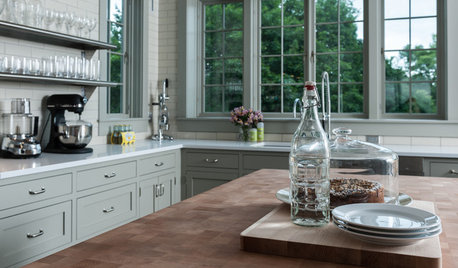
MOST POPULARKitchen Evolution: Work Zones Replace the Triangle
Want maximum efficiency in your kitchen? Consider forgoing the old-fashioned triangle in favor of task-specific zones
Full Story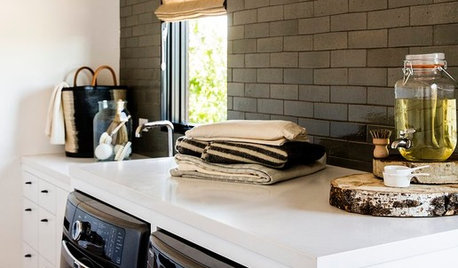
HOUSEKEEPINGClean Up Your Cleanup Zones
Make chore time more pleasant by tidying up your laundry room and updating cleaning tools
Full Story






johnmari
flgargoyle
Related Professionals
Bull Run Architects & Building Designers · Hillcrest Heights Architects & Building Designers · Saint James Architects & Building Designers · Bell Gardens Architects & Building Designers · Town and Country Architects & Building Designers · Lake Station Home Builders · Arlington Home Builders · Bonita Home Builders · Broadlands Home Builders · Delano Home Builders · Griffith Home Builders · Wilmington Home Builders · Knik-Fairview Home Builders · Belle Glade Interior Designers & Decorators · Stanford Interior Designers & DecoratorsruncyclexcskiOriginal Author
runcyclexcskiOriginal Author
flgargoyle
emagineer
evaperconti
mnzinnia
bud_wi